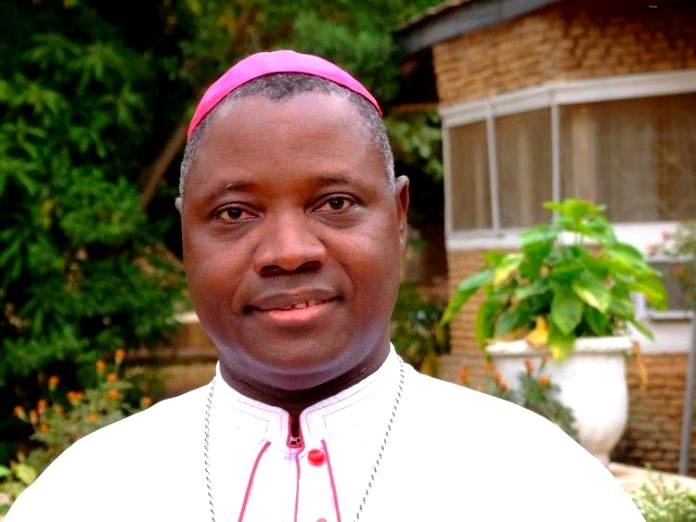Minister of Finance, Budget and National Planning, Dr Zainab Ahmed has attributed the recent exit of the nation from recession to diversification efforts of the Buhari led administration, saying such measures had started yielding fruitful results.
The minister stated this when she addressed State House correspondents at the end of the virtual meeting of the Federal Executive Council (FEC), presided over by President Muhammadu Buhari, at the Presidential Villa, Abuja.
Ahmed maintained that exiting recession in the fourth quarter of 2020 was the shortest-lived so far experienced by the country.
She said: “But also, the good story for us is that, with this positive growth in the fourth quarter it means Nigeria has exited recession.
“This is one of the shortest-lived recessions we have witnessed in the country, despite the impact of the COVID-19, but I must say that the result of this exit is as a result of the fiscal policies, the monetary policies and the Economic Sustainability Plan that the administration of President Muhammadu Buhari has been implementing.’’
The minister, however, stated that only 17 out of 46 sectors of the economy recorded growth in the fourth quarter under review, saying the record was still better than what obtained in the third quarter of the same year.
“So out of the 46 sectors of the economy, 17 recorded positive growths and this is higher than the number of sectors that had recorded positive growth in the third quarter.
“In real terms, the growth between the third quarter and the fourth quarter is a positive growth of 3.73 per cent, a movement within one quarter we have never witnessed in this country, so we’re growing from one quarter to another by 3.73 per cent.
“That also the movement from the second quarter to the third quarter also witnessed a growth of 2.48 per cent is an indication that the policies that are being implemented are the right ones.
“The trajectory is a positive one and that Nigeria is well on its way of restoring a consistent and stable growth, a growth that we hope to grow to be a strong growth from the fragile growth that we now have at 0.11 per cent.
“So, this is a good performance, but on a broad sectoral basis, the Agricultural Sector posted a strong growth of 3.42 per cent during the last quarter and when compared to the previous quarter, it’s a much better performance.’’
Similarly, she said Services Sector also witnessed positive growth while other sectors that recorded slowdown in growth included Industry, crude, petroleum and natural gas sectors.
“The decline in oil production and prices in 2020, of course reflective of global drop in demand and it is one of the major reasons why our country went into recession,’’ she said.
She added that the positive growth recorded in the fourth quarters of 2020 was a clear indicator that “the economy is poised for stable and consistent growth.’’
According to her, the federal government has been vigorously implementing its Economic Sustainability Plan (ESP) approved by the Federal Executive Council in June, 2020 with Vice President Yemi Osinbajo leading the implementation of the plan.
She said: “At the Federal Executive Council, we had the opportunity to brief Council on the National Bureau of Statistics’ recently published fourth quarter GDP report estimates, which measured the economic growth of our country.
“Nigeria’s GDP in the fourth quarter of 2020 grew by 0.11 per cent and in real terms in the fourth quarter of 2020. This follows, if you recall, two consecutive negative growths in the third quarter and the second quarter of 2020, which saw us as a country going into recession.
“So as a result of this fourth quarter positive growth, the total growth for the year 2020 is -1.92 per cent.
“Recall that we had ourselves reported, that we will be going into a negative growth at the end of 2020 at -4 per cent and some of the international development institutions reported much higher negative growth for Nigeria.
“So, at -1.92 per cent, it is a very good performance.’’ (NAN)




